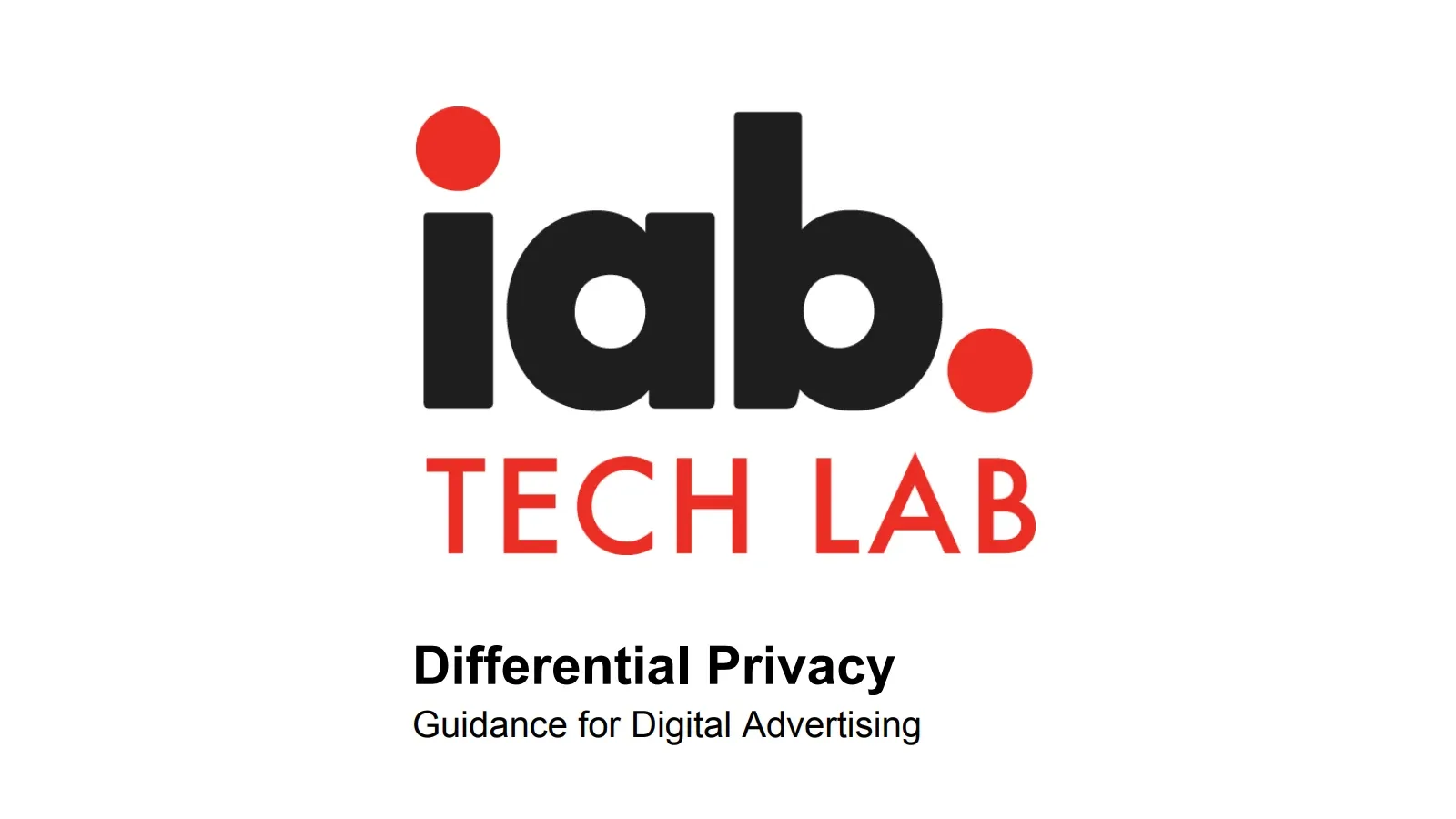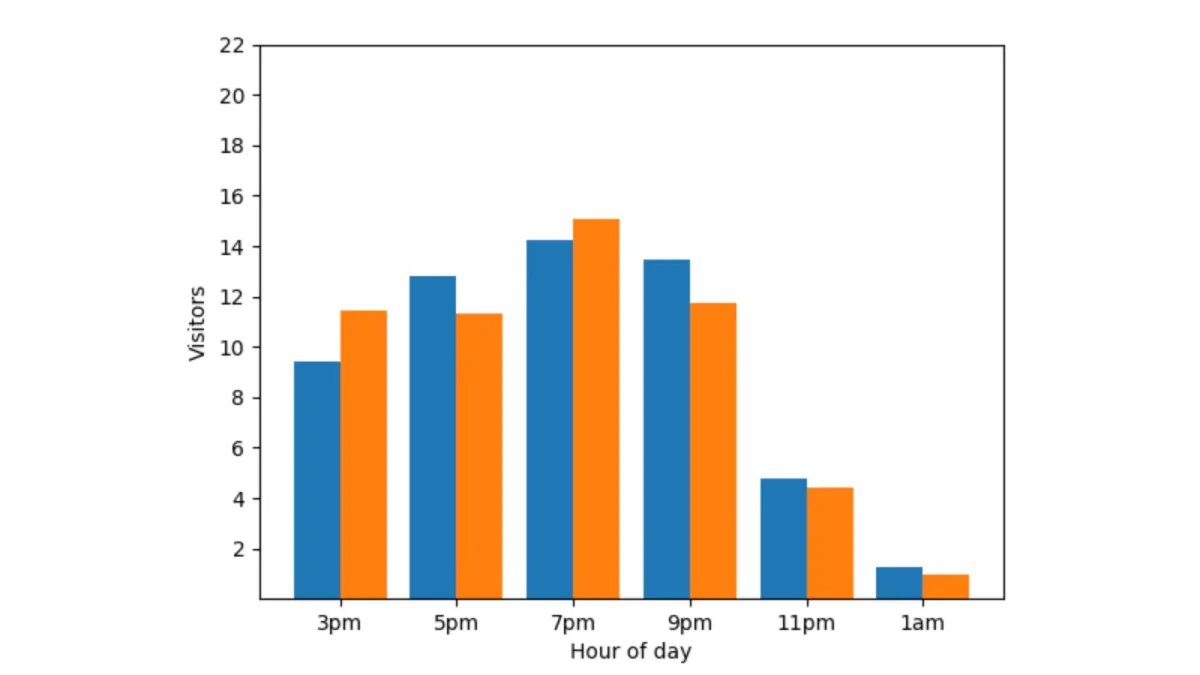IAB Tech Lab explores Differential Privacy for ad targeting
This paper explores the concept of differential privacy as a potential solution for balancing user privacy with the need for effective ad targeting within a landscape of increasing privacy regulations.

The IAB Tech Lab, a non-profit organization focused on developing technical standards for the digital advertising industry, this week published a white paper titled Understanding Differential Privacy: A Powerful Tool for Ads Privacy. This paper explores the concept of differential privacy as a potential solution for balancing user privacy with the need for effective ad targeting within a landscape of increasing privacy regulations.
Consumer privacy concerns are at the forefront of the digital advertising industry. Stricter regulations, such as the General Data Protection Regulation (GDPR) in Europe and the California Consumer Privacy Act (CCPA) in the United States, have placed limitations on how user data can be collected, used, and shared. This has created challenges for advertisers who rely on data-driven targeting to reach their target audiences effectively.
What is Differential Privacy?
Differential privacy is a mathematical technique that allows for the extraction of insights from datasets while protecting the privacy of individual data points. According to the IAB Tech Lab white paper, differential privacy introduces a calculated amount of noise into data, making it statistically impossible to determine whether a specific individual's data contributed to a particular outcome.

Potential benefits for advertisers
Differential privacy offers several potential benefits for advertisers in a privacy-focused environment:
Privacy-Preserving Targeting: By leveraging differentially private data, advertisers might still be able to target specific audience segments based on demographics or interests without directly identifying individual users.
Improved Campaign Measurement: Differential privacy could potentially be used to measure the effectiveness of advertising campaigns without compromising individual user privacy.
Regulatory Compliance: Techniques that utilize differential privacy could help the advertising industry comply with evolving data privacy regulations.
Challenges and Considerations
While differential privacy holds promise, there are also challenges and considerations to keep in mind:
Balancing Utility and Privacy: Finding the right balance between preserving user privacy and extracting useful insights from data through differential privacy can be complex. Adding too much noise can render the data unusable for advertising purposes.
Technical Complexity: Implementing differential privacy techniques requires a certain level of technical expertise.
Standardization and Adoption: The widespread adoption of differential privacy solutions within the advertising industry will require industry-wide standardization and collaboration.
The IAB Tech Lab white paper provides a valuable resource for marketers seeking to understand differential privacy and its potential role in the future of ad targeting. While challenges remain, continued research and development in this area could offer a viable solution for balancing user privacy with effective advertising practices.
By staying informed about developments in data privacy regulations and exploring solutions like differential privacy, marketers can navigate the evolving landscape and continue to reach their target audiences effectively while respecting user privacy.


